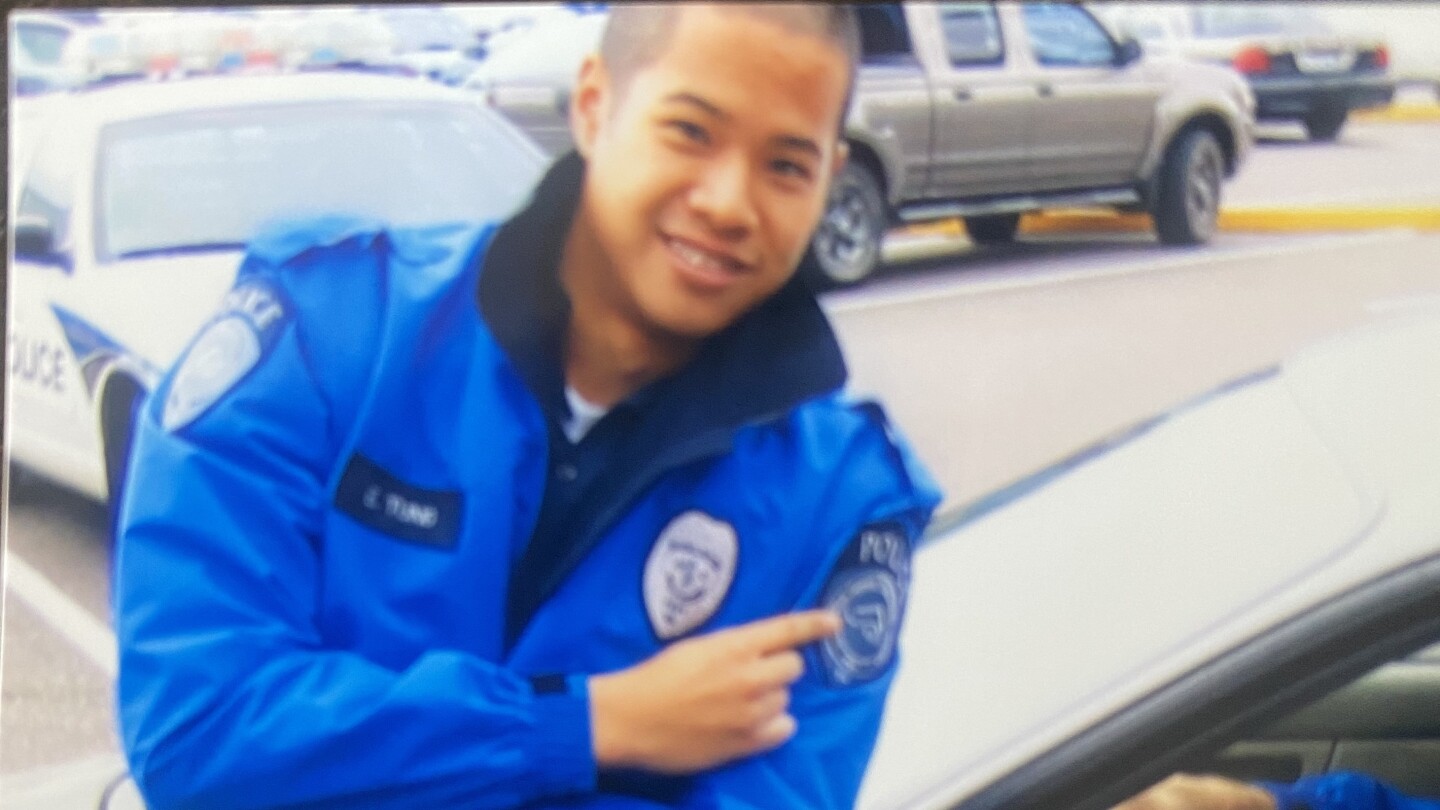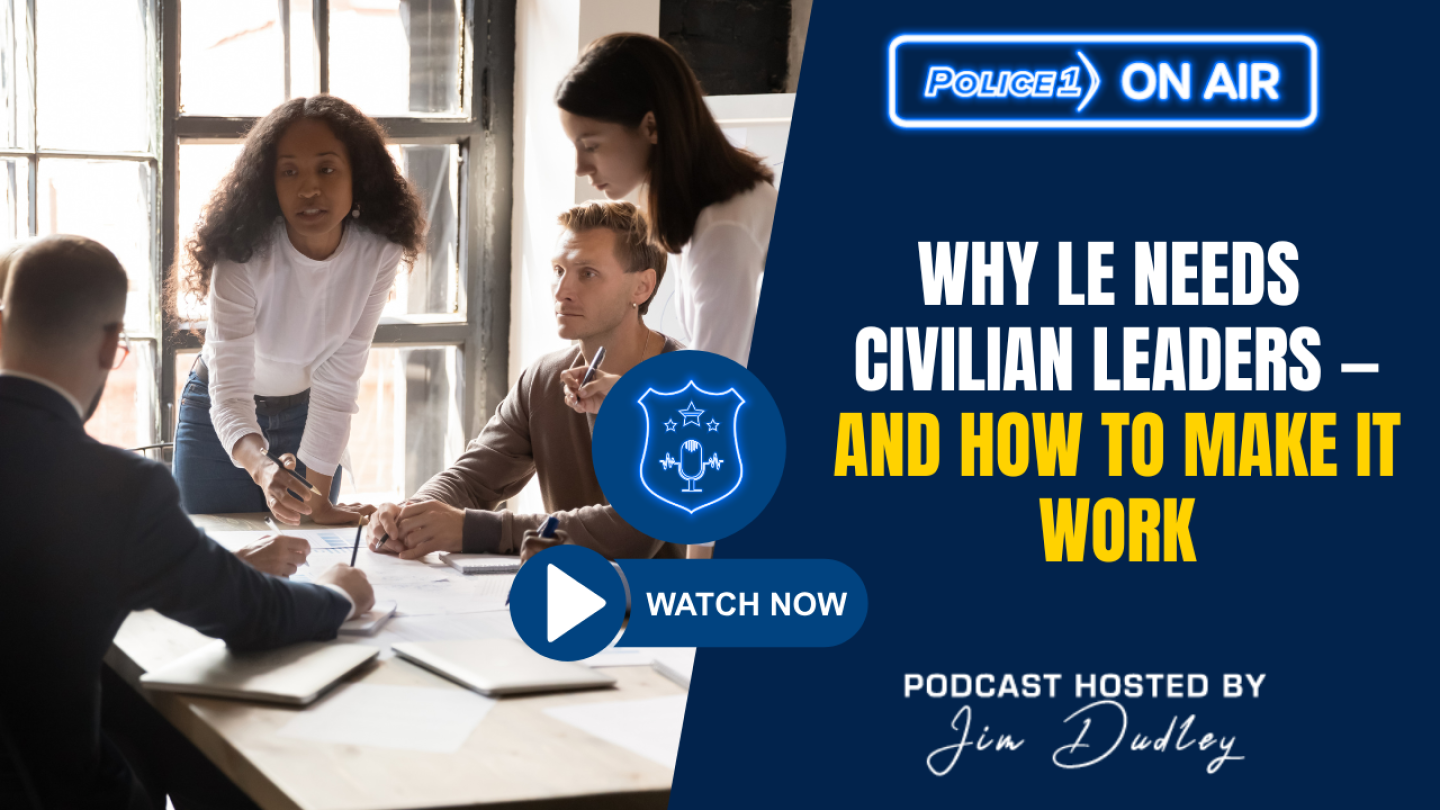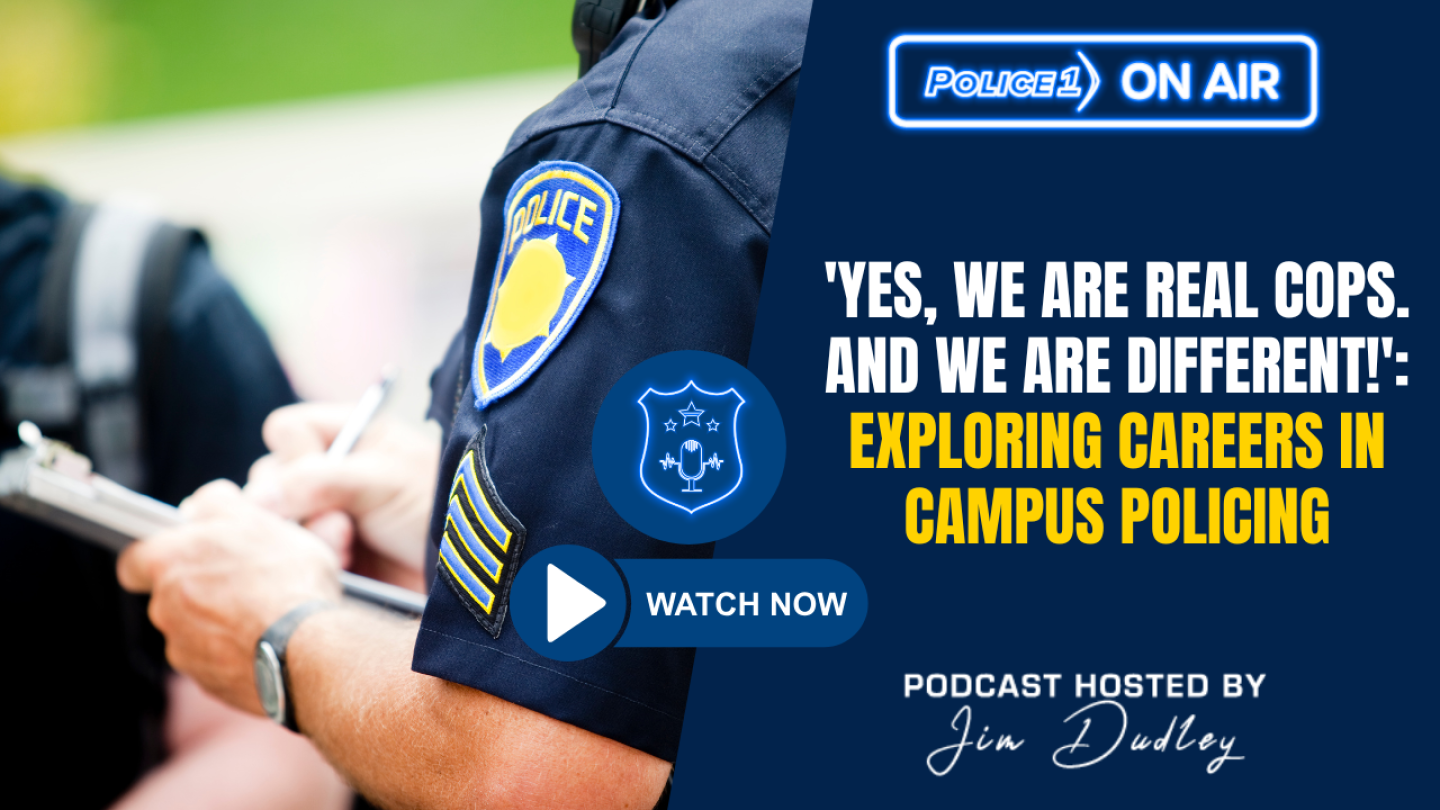Police Training
Police1’s Police Training and Law Enforcement Training course resources help to keep officers safer on the street by providing access to information that supports professional development and improves training.
Why foundational, reproducible, courtroom-ready methods remain the missing piece in effective crypto investigations and victim asset recovery
It’s an apples-to-oranges comparison that distorts the training debate and ignores the massive resource gap between elite units and local police
Meet Joe Cirrito, a 22-year veteran Los Angeles Police Department officer, whose daily rituals and unwavering purpose now shape the next generation of LAPD recruits
SWAT challenges push teams to their limits, sharpening tactical skills, boosting teamwork and preparing officers for real-world high-stakes situations
If you stage your tourniquet like the one pictured on the right, you may want to read on
With EMS response averaging 7-10 minutes and severe bleeding fatal within 3-5 minutes, officers must be ready to act immediately
In Stapleton v. Lozano, the 5th Circuit ruled officers were not deliberately indifferent after a drug user died in custody
Effective leaders focus on developing a culture of rewards versus a culture of punishment – here is how they do it
Experience builds instincts, education sharpens strategy — both shape great cops. How can agencies balance real-world grit with academic insight to recruit and train the best officers?
Meet Clint Achziger, a Santa Ana Police Department sergeant with over three decades of firearms training experience
Hesitation, communication struggles and fear of looking inexperienced — here’s how to tackle these challenges head-on and build real confidence in the field
Integrating moral philosophy into police training can help officers navigate ethical dilemmas, build stronger community trust, and develop the virtues needed for compassionate, fair policing
Get exclusive insights from LEEP Forward at SHOT Show 2025, where top law enforcement, military and elite performance experts shared game-changing strategies
Police departments are expanding their leadership teams beyond sworn officers; here’s what it means for the future of public safety
Recruit Officer Christopher Katz was visiting the Federal Law Enforcement Training Center in Glynn County, Georgia, and was off-duty at the time of the accident
Once you move into a leadership position, it’s even more important to carefully manage your time
Top minds in law enforcement, military leadership and elite performance shared must-know tactics, leadership principles and performance strategies transforming policing
The Training Ammunition Combat (TAC) House is a non-ballistic training tool for adaptive urban assault, building search and clearing, as well as force-on-force training
Follow the advice in these five quotes to enhance leadership of your officers and improve relationships in your community
Consider the following quotes and how they may help guide you in your police career and in life
From tense standoffs to lifesaving resolutions, Elizabeth Prillinger brings nearly two decades of law enforcement experience to her role as a hostage negotiator in one of America’s busiest cities
Mitigate the threat through enhanced controlled substance detection and analysis
This invisible threat could devastate communities — here’s how law enforcement can stay ahead of it
The recent California wildfires underscore the critical role of collaboration, cross-training and technology in strengthening police and fire response to large-scale emergencies
One agency reimagined training — and saw remarkable results. Here’s how you can do the same
Dr. Tanya Meisenholder explores how the 30x30 Initiative is reshaping police recruitment, retention and culture to create new opportunities for women in law enforcement
“It gave me a broader understanding, more compassion, a different perspective,” said Troy Frazier, assistant chief of Titusville Fire Department
“The idea is for officers to learn how to deal with their emotions by being aware of what they’re going through and what others are going through,” said Warren Police Lt. Brent Chisholm
Milo highlighted its VR training system, live fire demo ranges and mid-level 180-degree training system
Learn how this budget-friendly leadership training tool can transform team dynamics and foster growth
These priorities ensure leaders have the tools to inspire trust, lead effectively, and guide their teams with confidence and expertise
From dispatch and investigations to community outreach and emergency management, campus police agencies offer diverse roles in a “city within a city”
MOST POPULAR
- Navigating police use of force: Rethinking training standards for real-world expertise
- Coming to the door with a weapon: An approach to an armed homeowner for LE
- How the lessons from atrocities can improve our policing
- How to train for the police academy physical test
- Closing the rookie experience gap: What every shift can do to boost officer safety



































